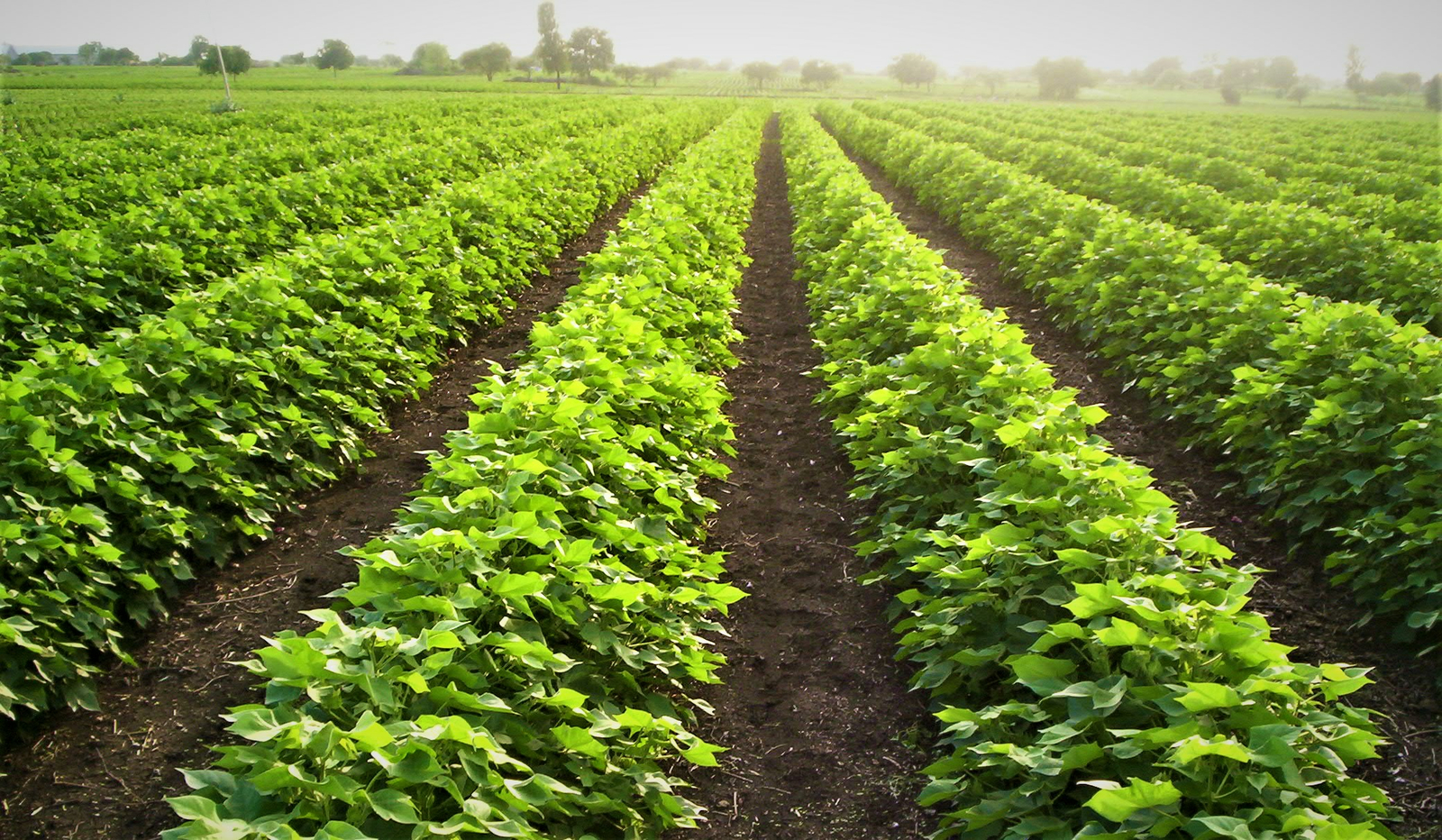Today's agricultural productivity seems to have reached a fixed (maximum) point due to the global availability of fertilizers and pesticides used to improve crop yields. However, misuse of these products and lack of awareness of field parameters can reduce productivity and jeopardize the environmental balance of the cultivated area.

Farming is becoming more scientific as remote sensing, GPS and data analysis are all added to farm equipment. Thousands of farmers are adopting new equipment and farming more accurately. Tractors do not waste fertilizer, seeds or fuel because they map fields, drive themselves, and verify their behavior in inches. Agricultural technologies include remote sensing through data collection on variables such as nutrient levels and soil moisture.
Precision agriculture is to precisely manage changes in the field, to use fewer resources, and to reduce production costs and increase food.
Every aspect of the environment - soil, weather, plants, water - varies from place to place. All of these factors determine crop growth and crop success. Farmers were always aware of this but lacked the tools to accurately measure, map, and manage these variations. Precision agriculture can, therefore, lead to changes in food production faced with an increase in the world's population and can help farmers achieve.
Reda More: - Precision Farming Solutions | Netafimi India




No comments:
Post a Comment